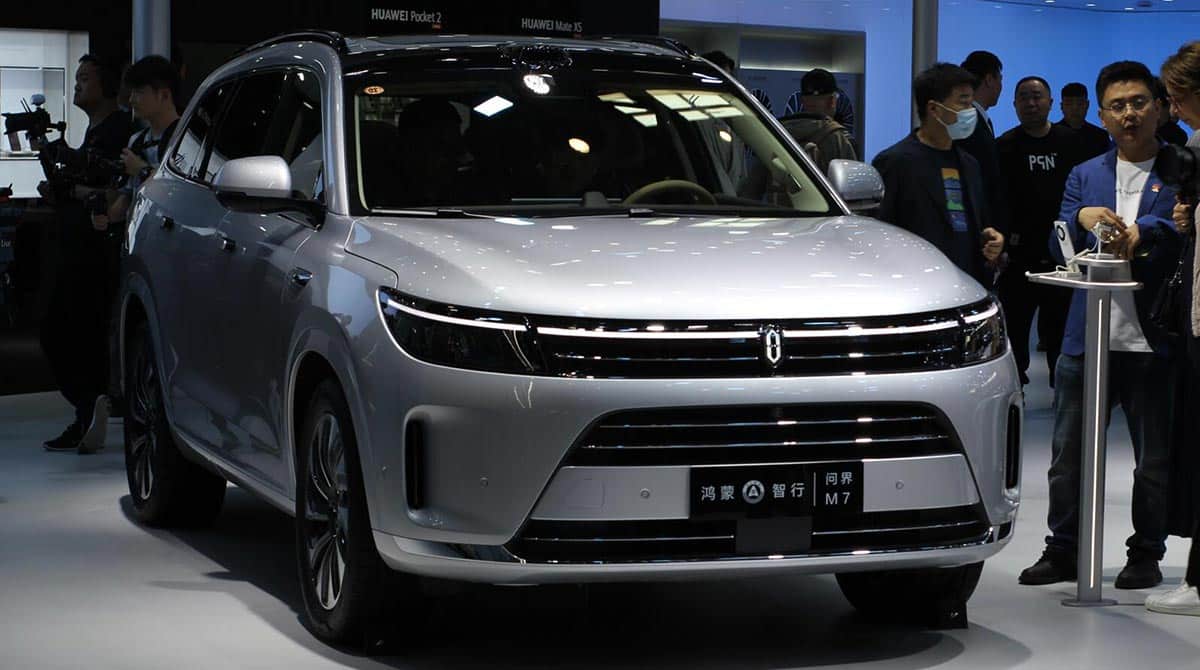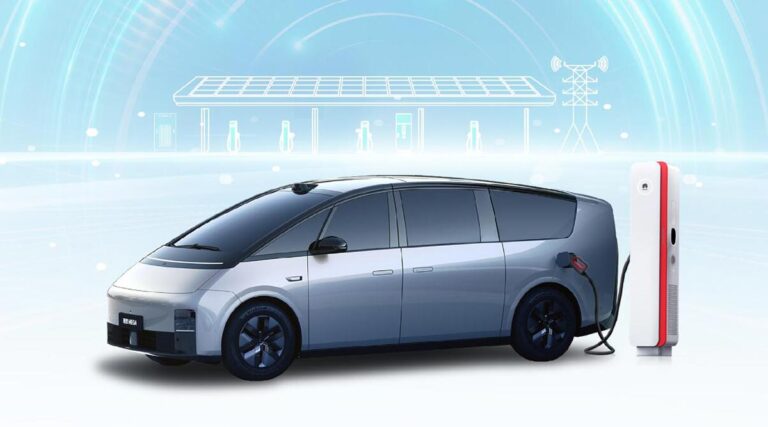Huawei's automotive business has already turned profitable as sales explode, especially for the Aito brand, an executive said.

Huawei's automotive business has already turned profitable in the first quarter of the year, an executive said, with the asset-light operating model bringing help.
"As sales exploded, especially with the Aito brand, our Zhixuan BU and car BU have all turned profitable in the first quarter of this year," Richard Yu, Huawei's managing director and chairman of the smart car solutions business unit, said in an interview with Tencent News, according to texts of the interview released today.
Huawei's automotive business, called Intelligent Automotive Solutions (IAS) business unit, has three main business models when it comes to working with other car companies.
Yu explained the three models in detail in a presentation at the China EV 100 Forum in March:
The standard parts supply model, under which Huawei works with many car companies.
The HI (Huawei Inside) model, in which Huawei provides full-stack solutions.
Zhixuan model, in which Huawei helps automakers with product definition and design, and provides a complete system including retail, marketing, and quality management.
There are currently four major automakers working with Huawei under the Zhixuan model: Seres Group, Chery, Beijing Automotive Group (BAIC), and Anhui Jianghuai Automobile Group (JAC).
Huawei's IAS business is expected to turn a profit this year, supported by mid- to high-end models built by partner automakers, Yu said in the March speech.
Huawei and Seres have jointly launched the Aito brand, with models currently on sale including the M5, M7, and M9, covering extended-range electric vehicle (EREV) and battery electric vehicle (BEV) models.
Huawei's joint brand with Chery is Luxeed, with only the Luxeed S7 sedan currently on sale.
The tech giant's joint brand with BAIC is Stelato, which showcased its first model, the Stelato S9, at the 2024 Beijing auto show a month ago.
Its co-brand with JAC, which is yet to be announced, will target the market with a price tag in the RMB 1 million ($138,000) market.
Huawei's joint brand with JAC is aimed at the ultra-premium market, the Stelato at the premium sedan market, the Luxeed at the mid-range and mid-premium markets, and the Aito focuses primarily on SUVs, Yu said in the interview.
Asked how Huawei will respond to the price war, Yu said the company's partners have no other option but to respond actively.
"In today's era, you can see that our phone counterpart Xiaomi came in and brought with it a strong ability to operate online traffic, which is something that traditional car companies simply don't have," Yu said.
Xiaomi officially launched its first EV model, the SU7, a Tesla (NASDAQ: TSLA) Model 3 competitor, on March 28, and aims to deliver 100,000 units this year.
($1 = RMB 7.2362)
